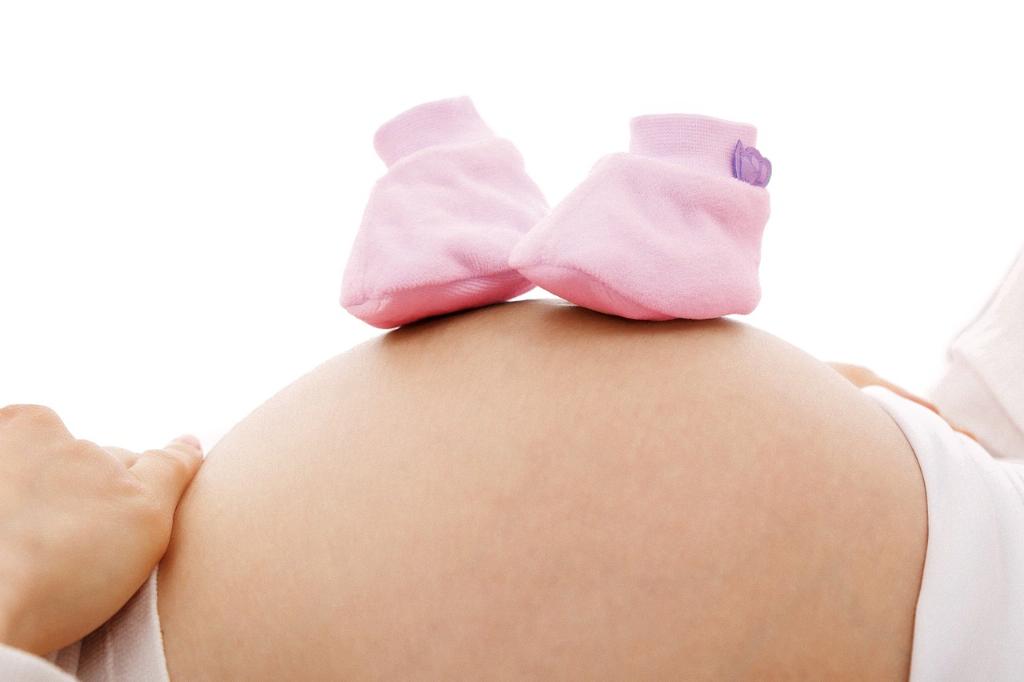When it comes to the occurrence of negative pregnancy test results in cases of ectopic pregnancies, the statistics reveal some interesting insights. Research has shown that a negative pregnancy test through urine testing in pregnant individuals with ectopic pregnancies stands at approximately 3.1%. Similarly, the rate of negative pregnancy test results through low levels of β-hCG in serum among pregnant women with ectopic pregnancies is around 2.6%.
Furthermore, it is noteworthy to mention that more than 1% of ectopic pregnancies are linked to undetectable levels of β-hCG, further emphasizing the complexities and variations that can exist within these medical scenarios.
The Intricacies of Ectopic Pregnancies
Ectopic pregnancies, wherein a fertilized egg implants itself outside the uterus, often in the fallopian tubes, can pose unique challenges and complications. The atypical implantation of the embryo in such cases leads to a non-viable pregnancy, which can result in various symptoms and outcomes.
One of the key difficulties in diagnosing ectopic pregnancies lies in the potential discrepancy between clinical presentation and laboratory findings. Negative pregnancy test results in the context of an ectopic pregnancy can sometimes blur the lines of diagnosis, creating a need for careful assessment and monitoring by healthcare professionals.
Factors Contributing to Negative Pregnancy Test Results in Ectopic Pregnancies
Several factors play a role in the occurrence of negative pregnancy test results in the presence of ectopic pregnancies. The timing of the test, the sensitivity of the test method used, and individual variations in β-hCG levels can all influence the outcome of the pregnancy test.
Additionally, the location of the ectopic pregnancy can impact the release and detection of β-hCG in the bloodstream. Ectopic pregnancies situated in unusual locations may exhibit different patterns of hormone secretion, potentially affecting the accuracy of pregnancy tests.
Challenges in Diagnosis and Management
The complexity of diagnosing ectopic pregnancies, particularly in cases where pregnancy tests yield negative results, underscores the importance of a comprehensive and multifaceted approach to patient care. Healthcare providers must be vigilant in considering the possibility of an ectopic pregnancy even in the absence of typical pregnancy test positivity.
Furthermore, the management of ectopic pregnancies with negative pregnancy test results can present challenges in determining the most appropriate course of action. Close monitoring, imaging studies, and clinical evaluation are crucial in ensuring timely intervention and optimal patient outcomes.
Conclusion
In conclusion, while negative pregnancy test results in the context of ectopic pregnancies may not be exceedingly common, they represent a significant aspect of the diagnostic and therapeutic challenges posed by these unique medical conditions. Understanding the nuances of β-hCG levels, pregnancy test accuracy, and the variable clinical presentations of ectopic pregnancies is essential in providing effective and timely care to individuals experiencing such complex pregnancies.

